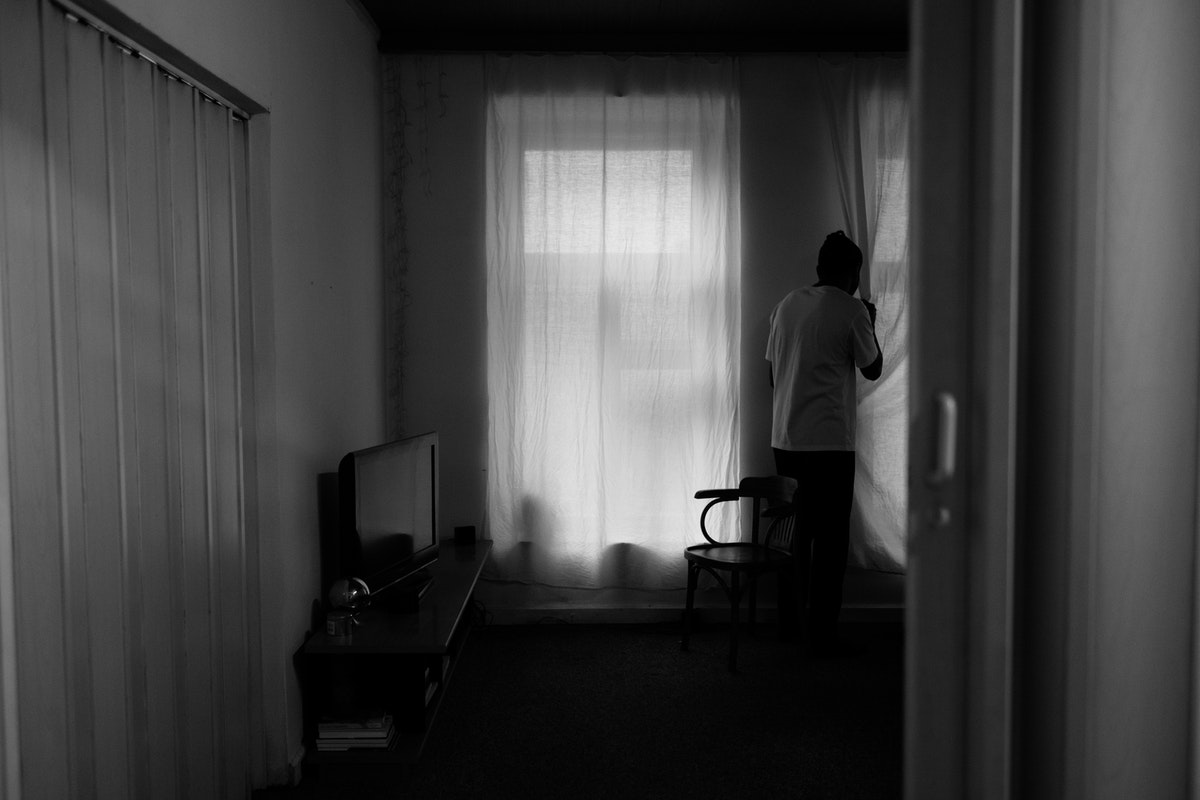
While every person feels anxious or worried at some juncture in life, anxiety disorders induce worry and anxiety that sufferers usually cannot shake. For individuals suffering from clinical anxiety, fears and concerns are not fleeting. Instead, their experience with anxiety is constant and can even worsen over time.
Somebody who encounters clinical anxiety often finds that their capacity to function in social circumstances, work, or school is often seriously impaired. In addition, their fear and worry often affect their connections with friends and family. Luckily, you can often treat anxiety effectively with counseling in Windermere.
Sometimes treating an anxiety disorder demands medications, but behavioral modifications, whether used independently or with pharmaceutical medicine, are proven helpful in treating an anxiety disorder.
Anxiety disorders
Juveniles and adults are apt to experience anxiety disorders. According to the NIMH (National Institute of Mental Health), about 20 percent of adults and 25 percent of individuals between 13 to 18 years of age experience anxiety. In comparison, about 5 percent of adults and 6 percent of teens have extreme cases of anxiety.
There are numerous notable types of anxiety disorders, including:
Generalized anxiety disorder
This disorder induces persistent anxiety or worry. Someone struggling with it worries about many different things, like finances, health concerns, or the overwhelming sense that something horrible is coming. Generalized anxiety causes many troublesome symptoms, including problems focusing, turmoil, muscle tension, irritability, and a persistent feeling of being on edge.
Panic disorder
Panic disorder is marked by sufferers encountering constant panic attacks with symptoms like a quick or pounding heart rate, shortness of breath, a general sense of dread, copious sweating, and quivering. In addition, panic attacks are known for occurring suddenly and without warning. These attacks cause sufferers to alter their normal activities over the dread of the next one coming on without notice.
Social anxiety disorder
Individuals suffering from social anxiety disorder often fear embarrassment or judgment in social situations. As a result, they frequently encounter feelings of dread about social settings because they fear offending somebody or being rejected by them. Additional symptoms include avoidance of social settings, trouble making friends, days of unease before a social situation, and a sense of nausea or instability during social affairs.
Obsessive-compulsive disorder
OCD is characterized by uncontrollable and relentless obsessions or routines that sufferers cannot escape. For instance, sufferers may need to constantly check their work for errors or continuously scrub their hands for dread of bacteria and germs.
Post-traumatic stress disorder
PTSD presents itself after an intense emotional or physical trauma like a severe accident, crime, or natural disaster. Symptoms are overwhelming and frequently include night terrors, traumatic flashbacks, and terrifying thoughts affecting a sufferer's everyday routine long after the trauma.
Though this is not an exhaustive list of common anxiety disorders, it is easy to recognize that these problems can severely restrict the lives of those who suffer from them. Seeking professional guidance on coping with and treating anxiety disorders is the best way to confront the fears associated with them.
